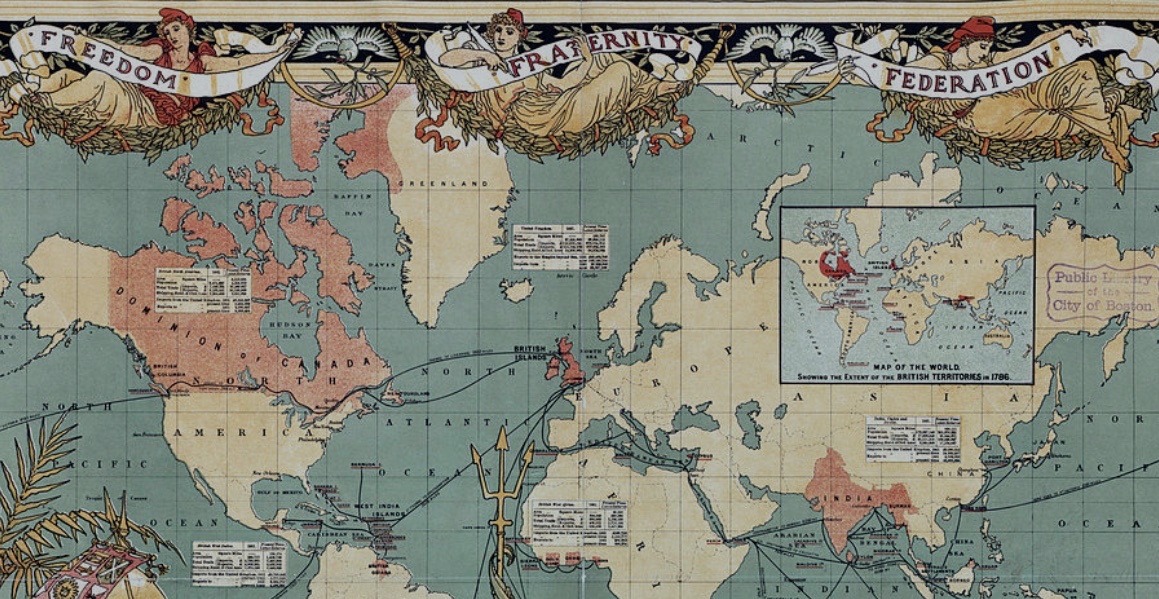I finally got the chance to rethink November’s MSA conference here in Boston. From Shawna Ross and Claire Battershill‘s opening workshop on digitizing modernist texts to the final roundtable on the history of modernist studies, it was a packed and lively time.
Apart from coordinating volunteers, my participation was channeled through the panel I coordinated on “Global Modernism and Civil War.” Elizabeth Wiet presented a snappy paper that moved between Robert Wilson’s avant-garde opera for the Olympics, The CIVIL warS, and the middlebrow culture of Civil War reenactment, asking why the event (or category) of civil war lends itself to such wide-ranging adaptations—and what those adaptations can show us about the political and historical crises that prompt internecine war. (Unfortunately, the panel’s third contributor, Bob Jackson, was unable to share his work on Ralph Ellison: how he thought about the U.S. Civil War in response to both U.S. Civil Rights activism and African decolonization.)
I’m thinking now about the broader shape of the U.S. Civil War in recent memory (national, scholarly, popular, my own elementary and high school education). It has overflown national boundaries (this one has gotten lots of press), and even seeped beyond temporal markers into the rest of the nineteenth century (and here). It has resurfaced as a rubric for understanding 20th-c. moments—or maybe one extended postwar moment—including the revisionary memory of Civil Rights movements (also here) and contemporary neoliberal “antebellism,” as Chris Taylor calls it.
How did I end up projecting an antebellist model for 20th-c. literary history? It’s something I’ll need to sit on. In some ways, my own paper at the MSA arrived at the U.S. case of civil war from abroad: either London (only abroad if we’re assuming that the Mason-Dixon line does not bisect London) or the jute fields outside of Dakka—”strange, strange crops,” as Rushdie depicts in Midnight’s Children. Is any historical perspective gained from reading the U.S. case as emblematic or original for certain questions? What does that choice obscure about regional and global dynamics of economic integration, state formation, state partition? At this point, I think it’s important to hold the U.S. case in suspension, referring to it as an occasional precedent (chronologically, rhetorically, materially) without granting it any prototypical status. The claim, for now, might be simply that the U.S. case was unavoidable in later discussions of political and cultural federation. I only supported that background claim in a cursory way at the MSA (through reference to Woolf’s relatives, and to liberal political theorist Harold Laski). But some of the foreground—federalism’s quiet return in metropolitan and postcolonial modernism—appears in the following slides:
